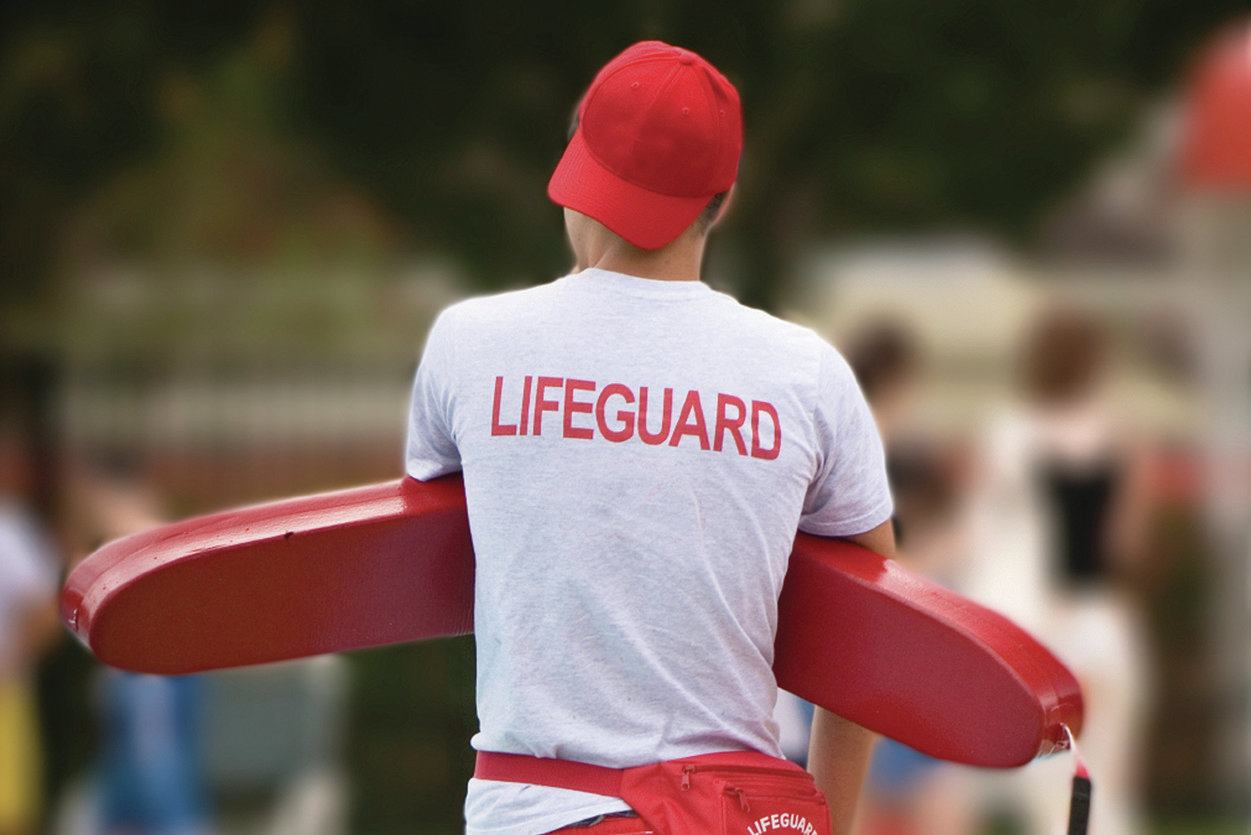The U.S. State Department has ruled that pool management companies may continue to employ people under the J-1 visa Summer Work Travel program.
The ruling came in a letter issued March 27 by the State Department.
In May 2012, the department published an initial ruling that stated in part: “Job placements must be seasonal or temporary and must provide opportunities for participants to interact regularly with U.S. citizens and experience U.S. culture during the work portion (i.e., not travel portion) of their programs.”
In the wake of that publication and a follow-up letter in January, pool management companies became concerned that the provision about regular interaction with U.S. citizens meant that foreign lifeguards would have to be accompanied constantly by American workers. Given the demands of the job, particularly at a pool staffed by a single guard, that interpretation of the law would have made employing J-1 visa holders impractical.
Losing that option would have meant a difficult summer for Doug Winkler, president of Winkler Pool Management in Hyattsville, Md. He hires between 150 and 200 J-1 workers each summer for the pools his company manages in the mid-Atlantic and Northeastern states.
“It probably would’ve been impossible to fill all our commitments with domestic labor because the domestic labor pool isn’t that substantial in this area,” Winkler said. “We would have had to increase pricing.”
Serving on the national board of the Association of Pool & Spa Professionals, Winkler turned to the organization when he learned of the issue from someone else in the industry. APSP formed a coalition and took members’ concerns to the State Department. The agency issued a clarification in February, but it did not allay the companies’ concerns, so a meeting between the parties took place March 8.
Steven Getzoff, a partner in the New York firm Lester Schwab Katz and Dwyer, was the point man for APSP, which also retained a lobbyist with experience dealing with State Department issues.
At the meeting, APSP participants gave a picture of the lifeguard experience to State Department officials. But it seemed a misunderstanding had taken place that could have had an adverse effect on pool-management companies.
“It became apparent that the State Department wasn’t appreciating that pool management companies are more than staffing agencies,” Getzoff said. Employees of staffing agencies are subject to stricter supervision rules than other J-1 workers.
APSP explained that pool-management firms do more than simply supply lifeguards to other businesses, but also manage and maintain the pools. In addition, they clarified, lifeguards and other staffers are actually employed by the management companies.
The argument had the desired effect. The State Department’s March letter stated: “Note that a host employer that has its employees work in different locations owned or operated by that employer — rather than for different businesses — is likely not a staffing/employment agency.”
Management firms had been concerned that the issue would not be resolved in time to begin hiring for the summer season. “It was definitely getting close, but it wasn’t too late,” Getzoff said.
“We’re very pleased with the outcome based on the letter,” said Jennifer Hatfield, APSP’s director of government affairs.
The association has created coalitions to deal with issues of interest to specific segments of the group’s membership. In addition to the J-1 coalition, there is an energy coalition that advocates for tax benefits for certain pool equipment. “We’re very happy with how the coalitions are working,” Hatfield said.


